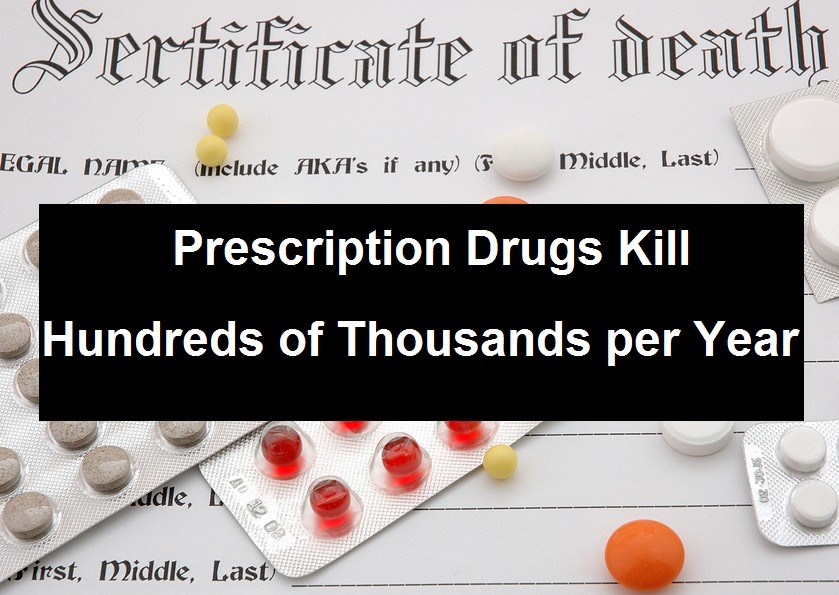Beta-Blockers Killed 800,000 in 5 Years: “Good Medicine” or Mass Murder?
Most people assume that scientific integrity is somehow assured; that there are safeguards along the way, preventing fraudulent research from harming patients. Unfortunately, scientific misconduct has become a very serious and widespread problem that threatens the entire paradigm of science-based medicine—unless changes are made. Again and again, papers assessing the prevalence of scientific fraud and/or the impact this is having shows that the situation is dire and getting worse. In short, we have lost scientific integrity, and without it, “science-based medicine” is just a term without substance. Conflict of interest is another pervasive problem within the research field, and the featured article highlights a case that contains both. Beta-blockers are drugs commonly used in the treatment of high blood pressure and congestive heart failure. They work primarily by blocking the neurotransmitters norepinephrine and epinephrine (adrenaline) from binding to beta receptors, thereby dilating blood vessels, which reduces your heart rate and blood pressure. Until recently, the European Society of Cardiology (ESC) also recommended using beta-blockers in patients undergoing non-cardiac surgery. A recent article in Forbes Magazine highlights how medical guidelines based on questionable science may have resulted in the death of hundreds of thousands of patients in just a few years: “Last summer, British researchers provoked concern when they published a paper raising the possibility that by following an established guideline UK doctors may have caused as many as 10,000 deaths each year,” Larry Husten, editorial director of WebMD professional news, writes. Now, they have gone a step further and published an estimate that the same guideline may have led to the deaths of as many as 800,000 people in Europe over the last five years… The 800,000 deaths are comparable in size to the worst cases of genocide and mass murder in recent history.”























